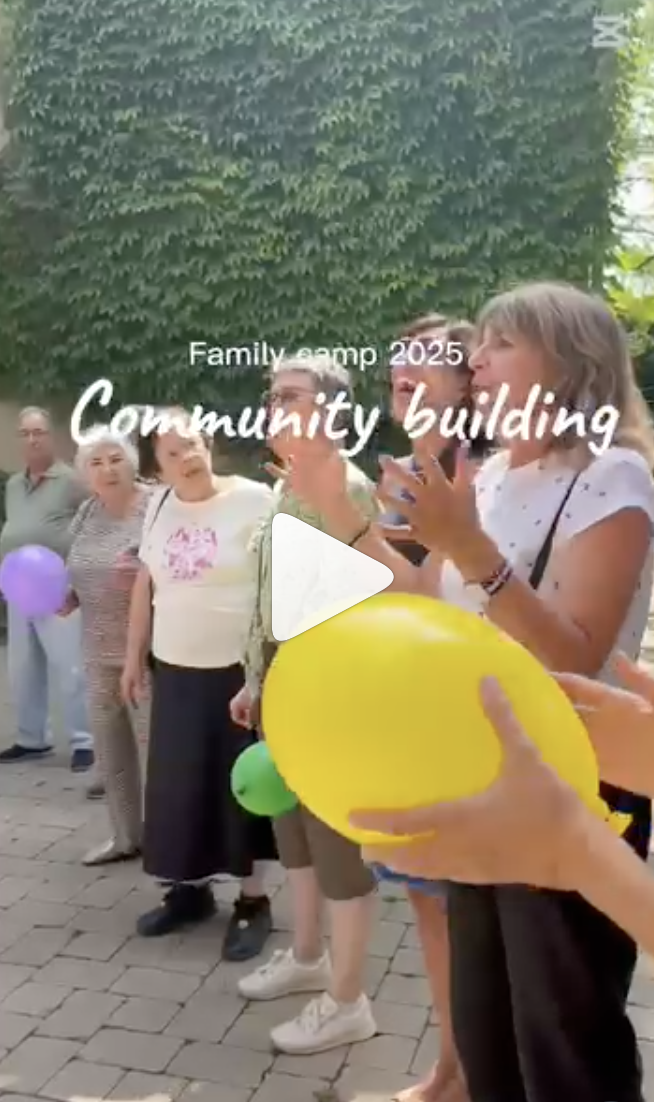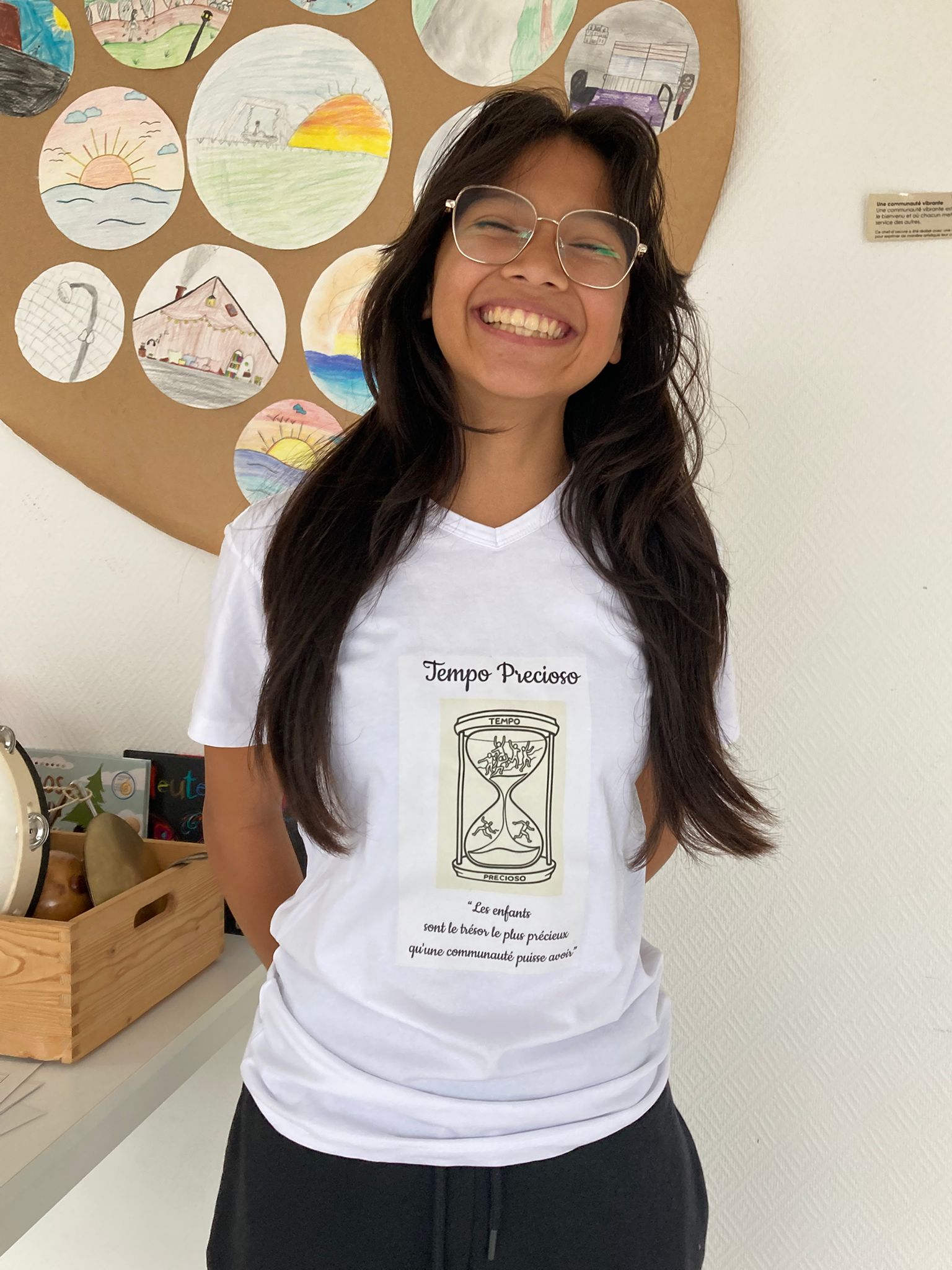
“PRECIOUS TIME”: A community-led initiative to support children, empower youth, and weave stronger bonds among families
The sound of guitars, bursts of laughter, children switching between languages, youth guiding study circles and art workshops, families gathering around shared meals: this was the heartbeat of the Bahá’í community in Luxembourg throughout the summer. A series of gatherings and camps brought together children, junior youth, youth, and parents – from community-building and youth camps to study circles and creative workshops – each moment showed how time becomes truly precious when it is shared in learning, service, and joy.
Among these activities, indeed, the initiative Tempo Precioso (“Precious Time”) organised in a neighborhood of Differdange, stood out for the way it helped participants reflect on what it means to use time wisely, to nurture young people, and to strengthen bonds across families and generations.
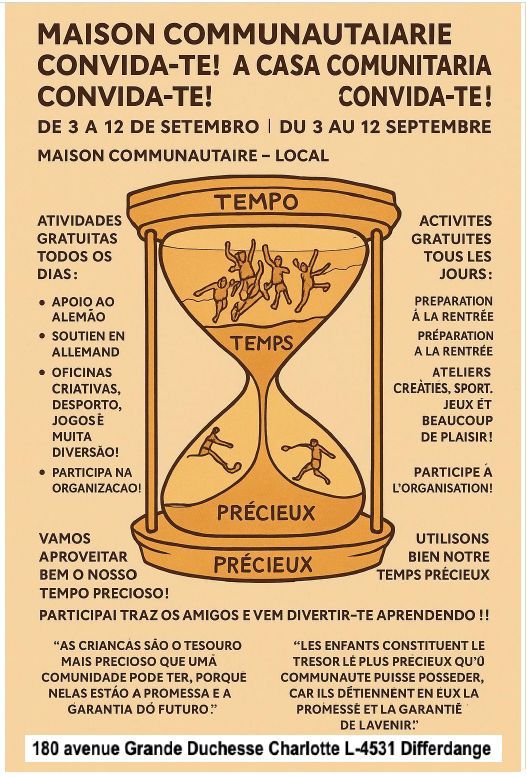 The story behind “Tempo precioso”
The story behind “Tempo precioso”
Many parents in a Differdange neighborhood had noticed a recurring challenge: most children spend the summer without hearing any German, which only adds to the difficulties they already face at school. At the same time, older children and junior youth were spending long hours at home, often in front of screens, without meaningful activities.
Listening carefully to these concerns, and inspired by a similar initiative fromFrankfurt, the community in Differdange began to envision a program that could combine language support, spiritual education, and joyful activities.
During planning meetings, a youth proposed the name Tempo Precioso, inspired by a passage from the Universal House of Justice often read in family gatherings:
“Children are the most precious treasure a community can possess.”
As one young participant suggested: “It should be called Tempo Precioso, because children are precious, time is precious, and we have to use it in a precious way” – everyone immediately felt it was the perfect name.
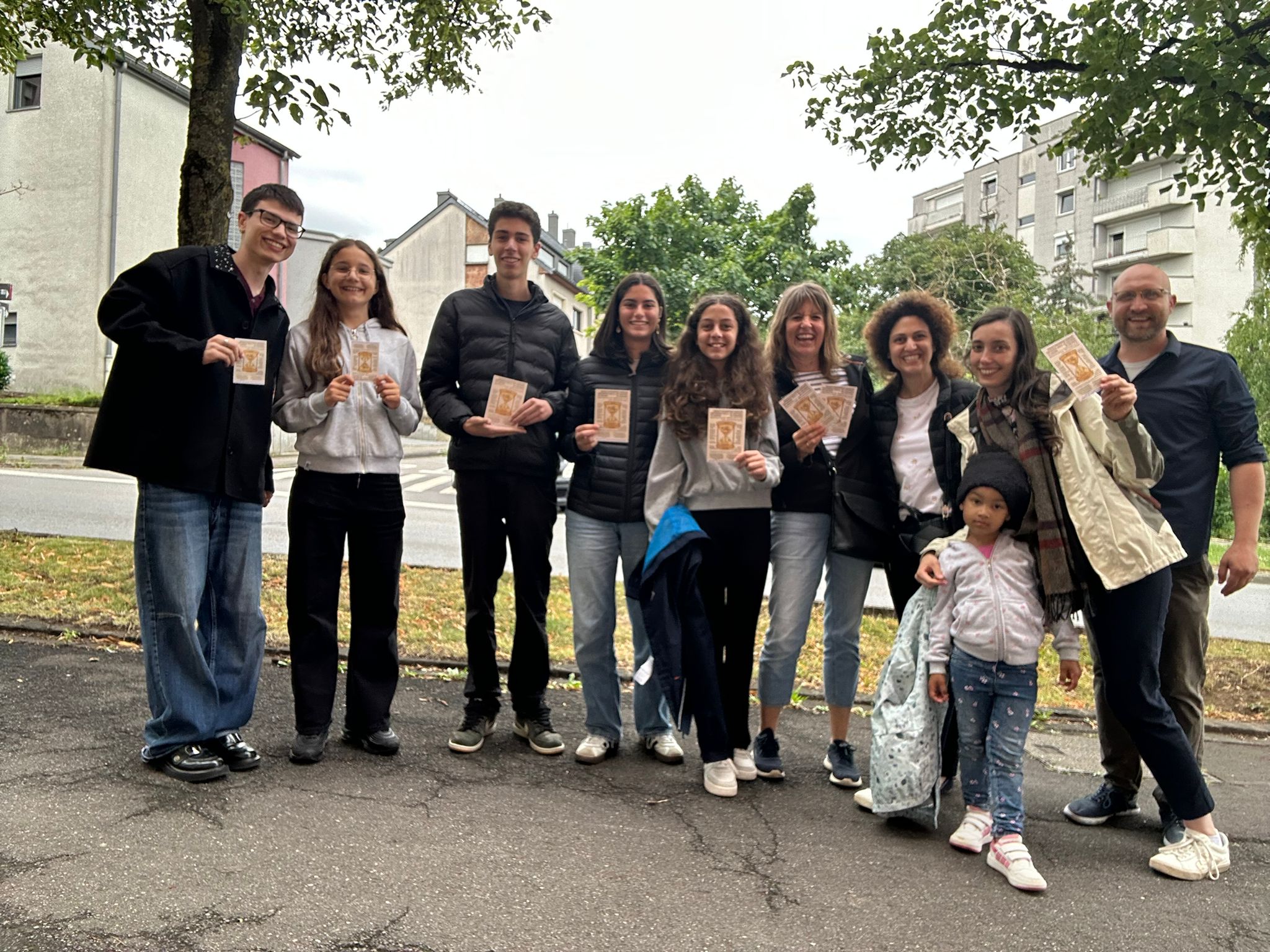
Ready for outreach
A community effort
From the start, Tempo Precioso was shaped collectively. Parents, youth, and community members met to study relevant passages, have moments of devotion and meditation together, and design the camp’s structure. These conversations highlighted four main goals:
- Support children with German language learning.
- Offer them a joyful, meaningful daily rhythm.
- Provide youth with opportunities to serve and grow in capacity.
- Strengthen the community’s sense of collective responsibility for the well-being of children.
The project thus became something definitely different from the traditional leisure time activities for youth: it is rather the expression of a community striving to learn how to better nurture its younger generations.
Learning, serving, growing
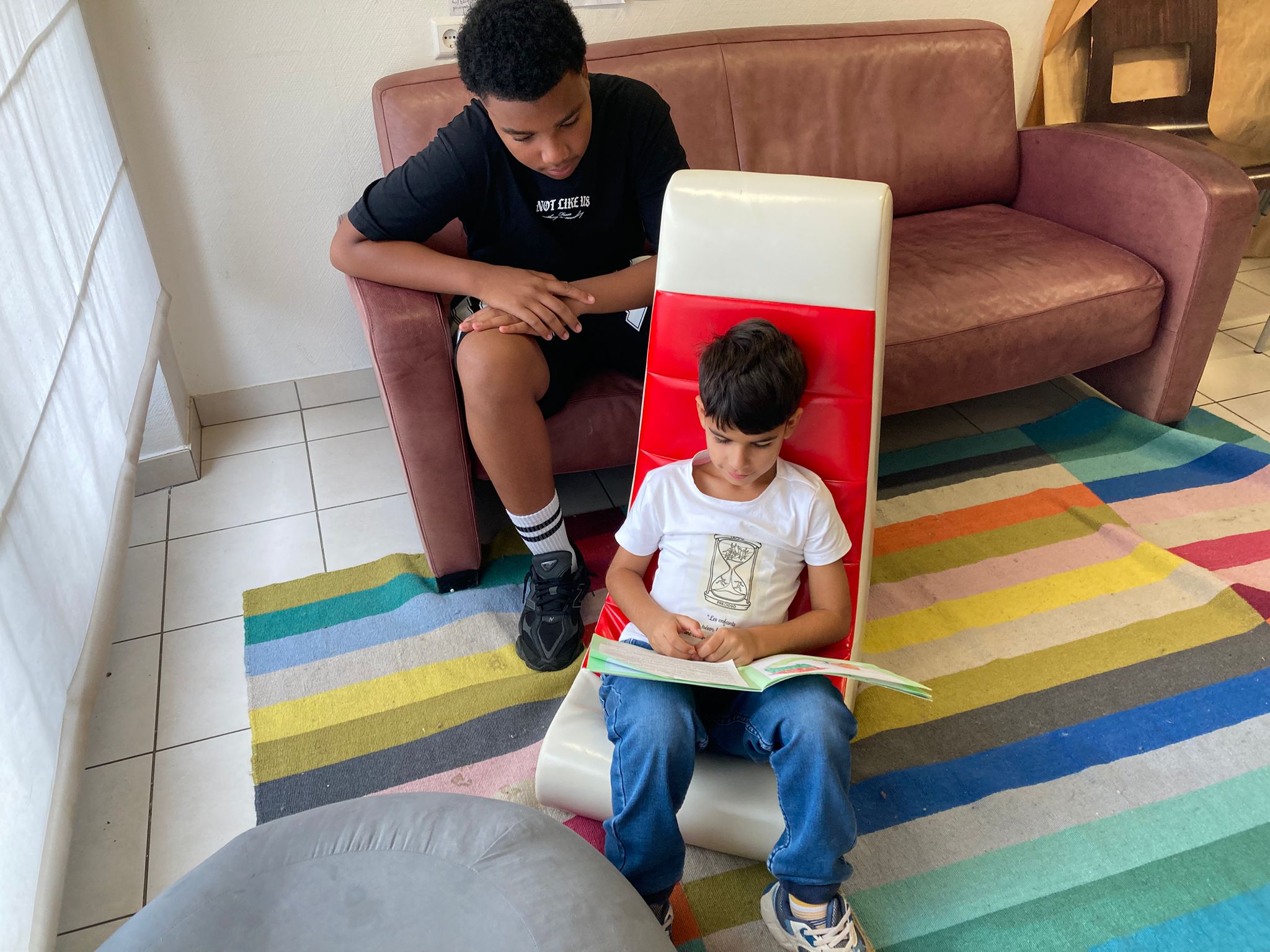
Children read to their animators the stories they wrote in German
The camp program ran daily from morning to late afternoon. Mornings included German classes, children’s classes, and junior youth groups, where youth applying lessons from their training courses (Book 5 of the Ruhi Institute “Releasing the Powers of Junior Youth”) gained hands-on experience as teachers and animators. Afternoons opened into art workshops, sports, music, and excursions. Families contributed meals and snacks, making each day feel like an extended gathering of friends.
The rhythm was demanding, but fruitful. “It was beautiful for the adolescents to practice every day what they were studying, and animating themselves educational activities for smaller children ,” one facilitator explained. “For example, they discovered how flexible they had to be, as sometimes the children were tired or restless, and they had to adapt. That’s real capacity building.”
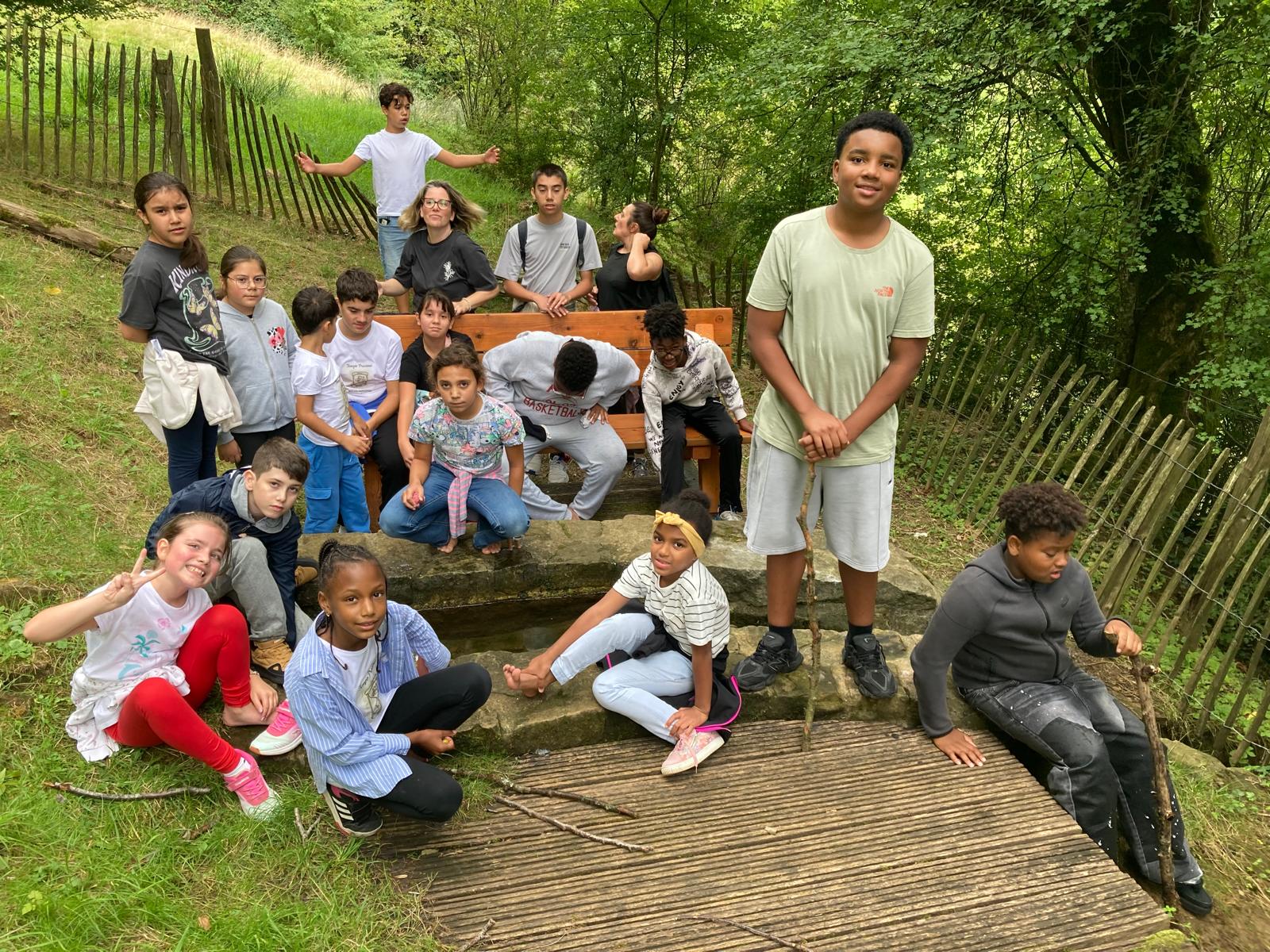
A highlight came when a 16-year-old participant, newly introduced to the activities, composed a song for Tempo Precioso. Sung daily, it became a symbol of the spirit of creativity and ownership emerging among the youth.
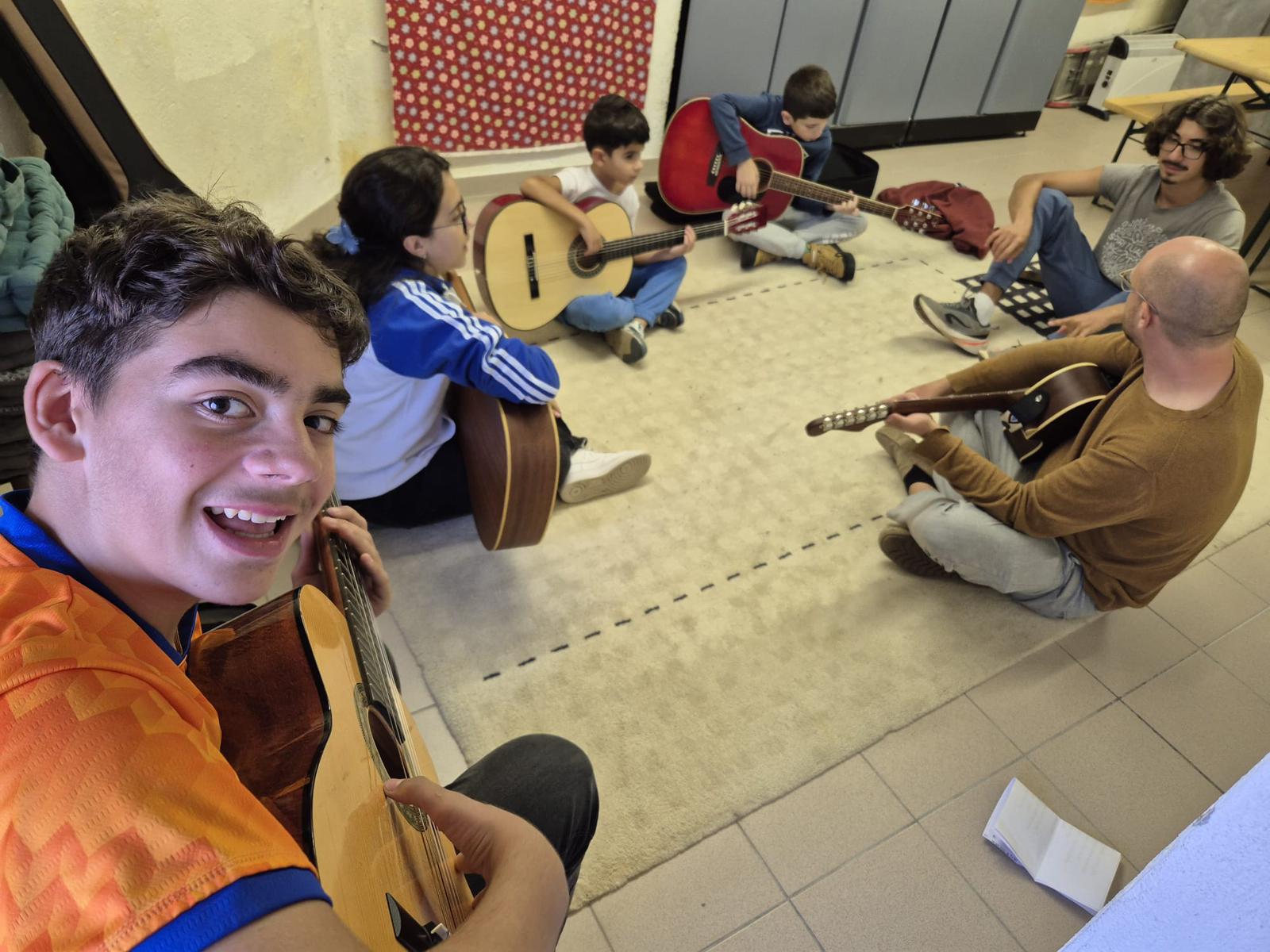
Se alguém for diferente, isso é normal (If someone is different, that is normal)
O mundo é mais bonito quando é plural (The world is more beautiful when it is diverse)
Cumprimentar, partilhar, saber esperar (Greeting, sharing, knowing how to wait)
São formas de respeito que vamos praticar (Are forms of respect we will practice)
Respeita aqui, (Respect here) respeita ali (Respect there)
Respeita todos (Respect everyone)
Fazemos assim(That’s how we do it)
tempo precioso, tempo precioso… (precious time, precious time…)
What made time precious?
Each morning, participants gathered to ask: What makes our time precious? They wrote their answers on a poster: showing respect, helping others, contributing to the community, learning together, praying or meditating, playing music. As one facilitator reflected, the children themselves emphasized spiritual qualities: “It was incredible. They didn’t just say: learn German or play football. They said: respect is precious, service is precious, love is precious”.
This daily practice gave the camp its unique character: not only teaching skills, but cultivating a sense of purpose and consciousness about the sacredness of time.
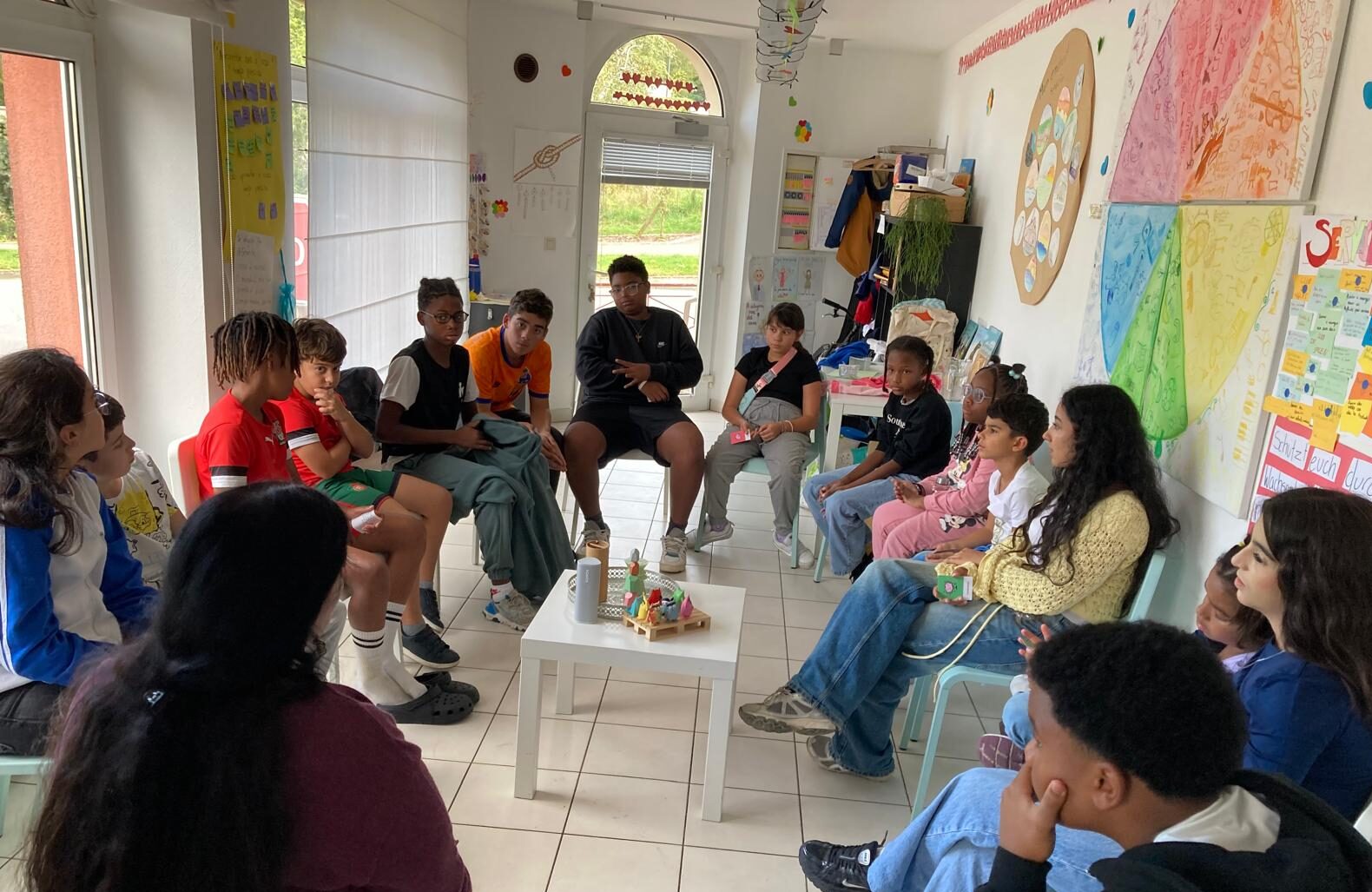
Tapping session
Challenges and insights
Like any intense shared experience, the camp had its challenging dynamics. Yet every struggle became a valuable opportunity for reflection. As one youth noted, “The junior youth program exists precisely for those with difficulties. We can’t leave them aside, as that’s the very reason why we are doing it.”
Such moments reinforced the understanding that spiritual education is not about perfection, but about accompaniment and learning: walking together, practicing patience, and finding new tools. For example, the group experimented with “tapping” exercises to manage anger, even creating a poster to remind themselves of calming techniques. Some junior youth even shared these methods with their parents, demonstrating the reciprocal flow of learning between generations and showing how what they learn can also have a positive impact on their families.
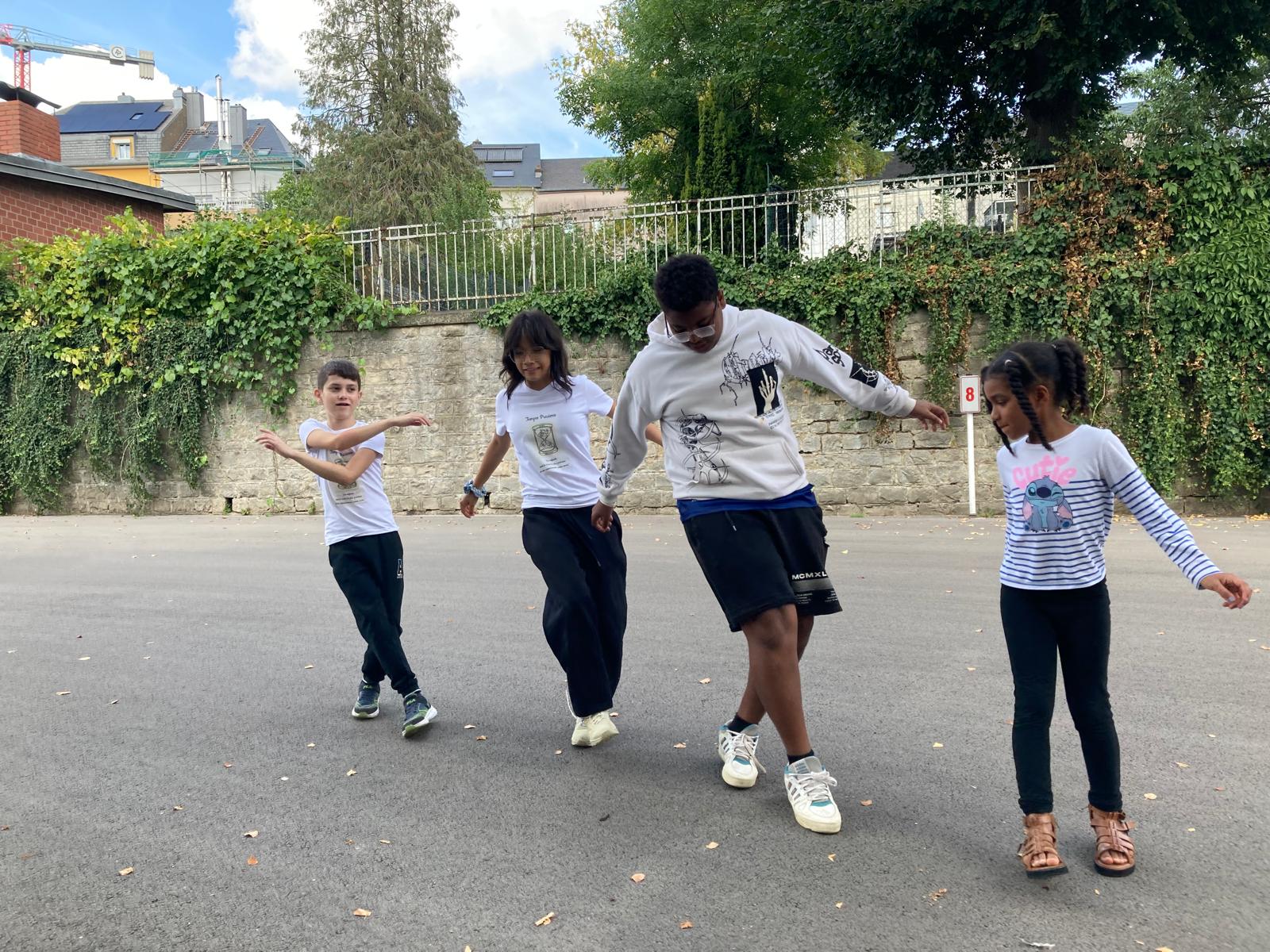
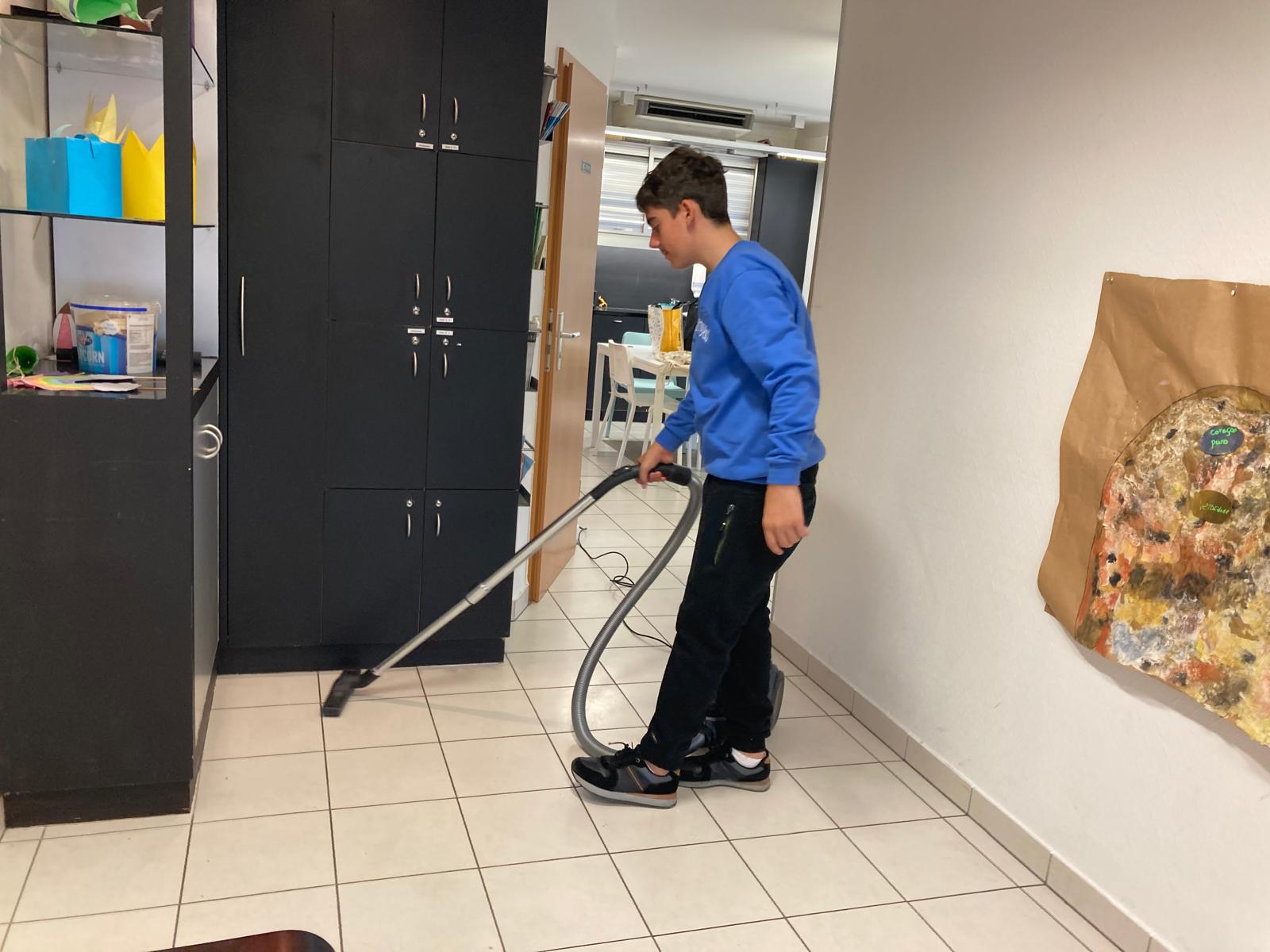
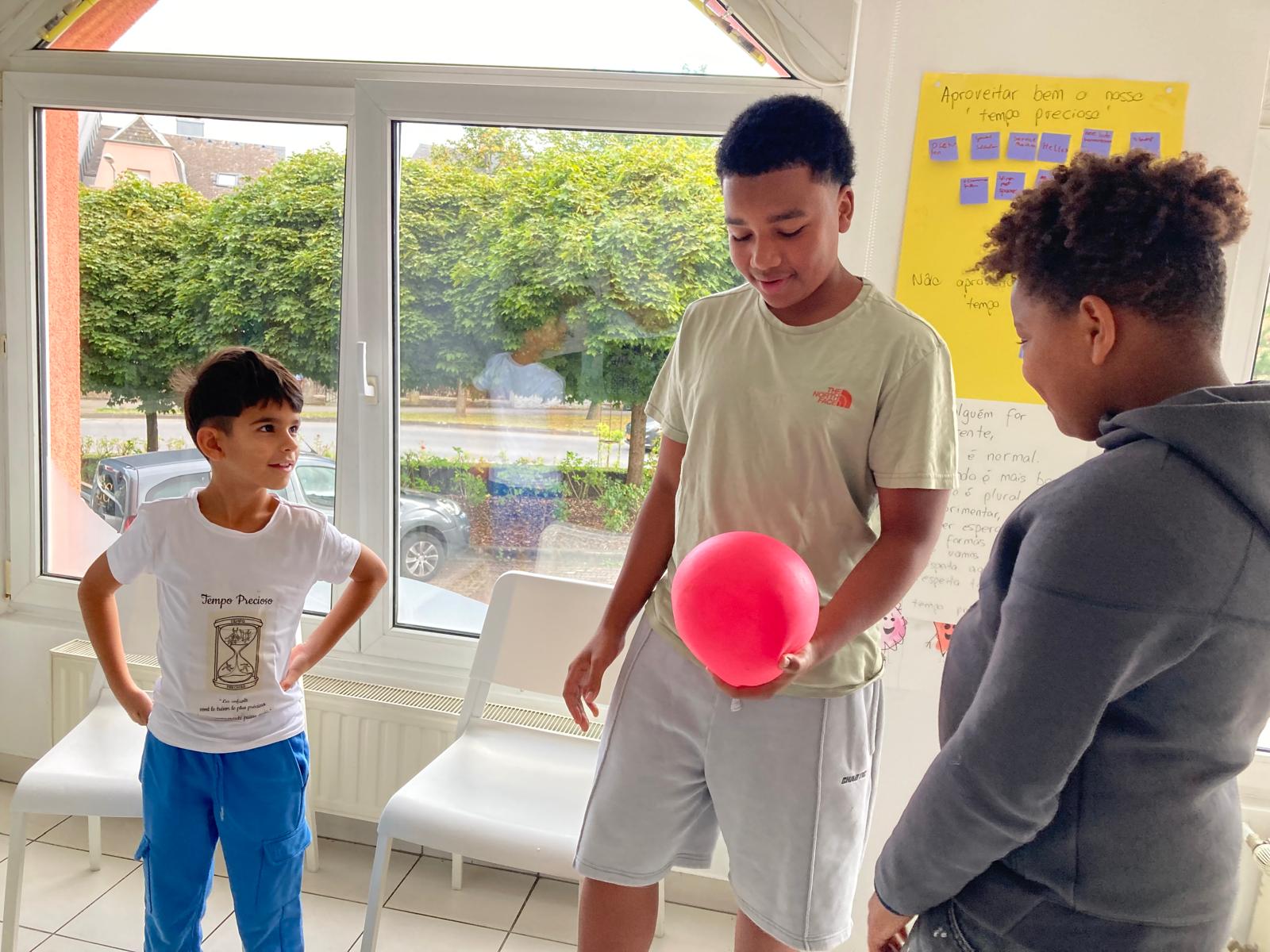
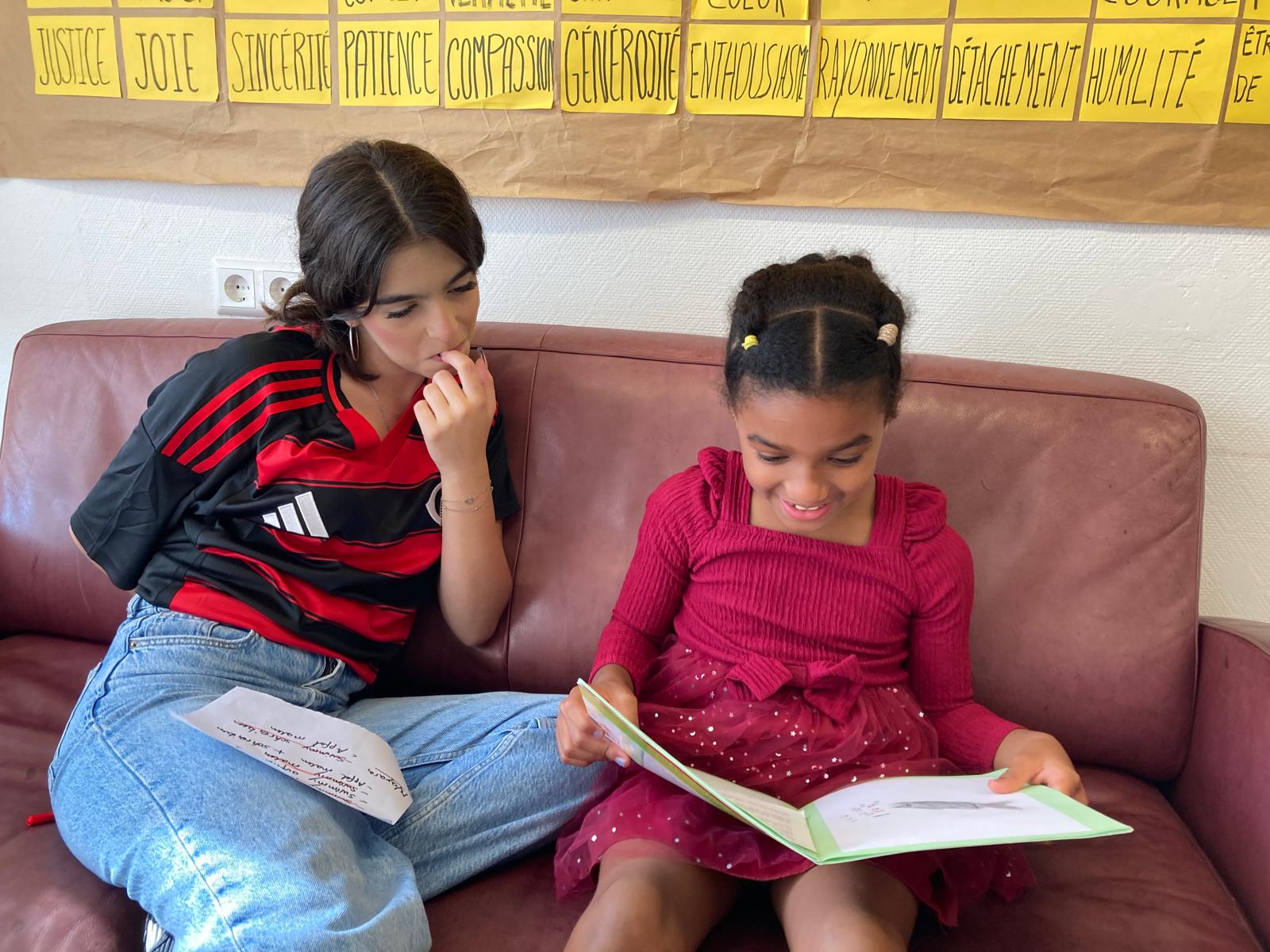
Parents as partners
Parents, too, were drawn into the process. They saw the joy of their children, the creativity of the youth, and the collective effort of the community. Some were closely involved throughout: helping to identify needs, contributing ideas during the planning, providing meals, or even joining workshops to experience firsthand the challenges and rewards of guiding groups of children. Their active participation was one of the strengths that gave Tempo Precioso its distinctive character.
“Each day, when parents came to pick up their kids, they said: we need more of this, but we also need more parents and more youth to be involved.”
This spirit of shared responsibility marked a shift. Families began to see themselves not only as recipients of a service but as co-participants in building a nurturing environment for their children.
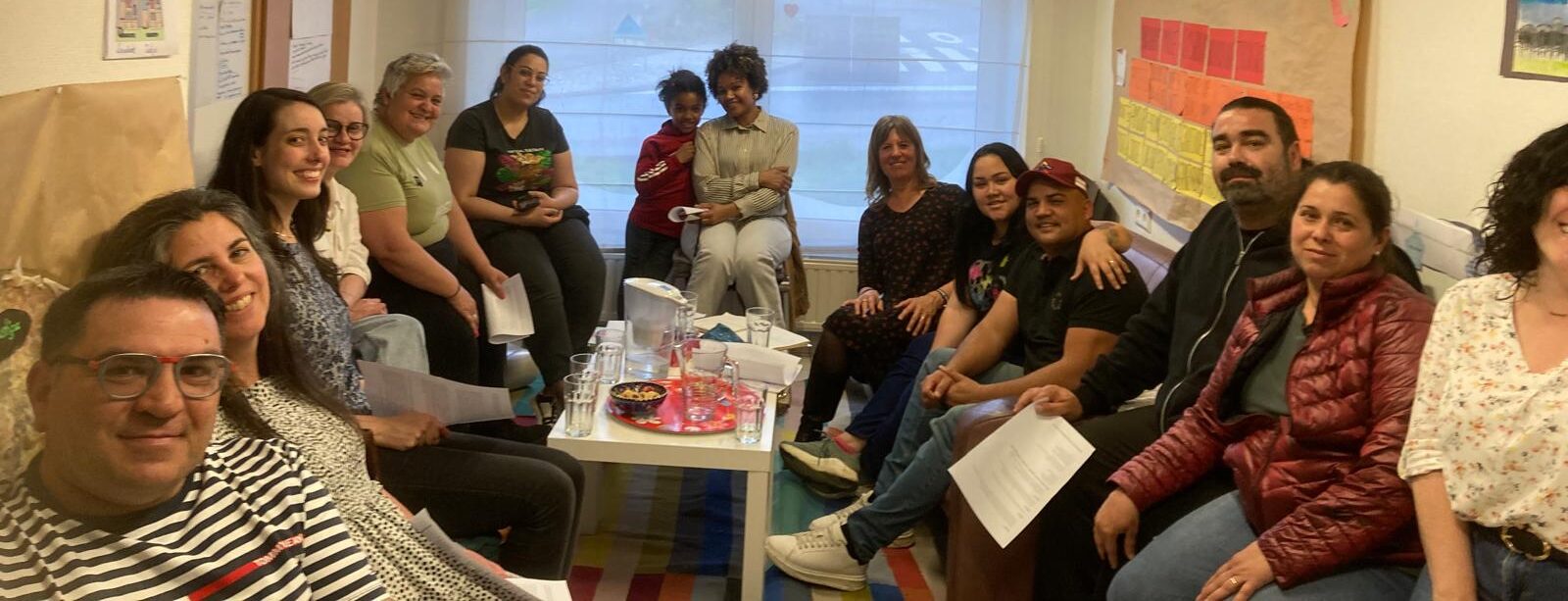
Preparation meeting with parents
A summer of intensity
Tempo Precioso was part of a larger tapestry of activities that made summer 2025 particularly significant for the Bahá’í community in Luxembourg. A 10-day youth camp and 5-day-long family camp in July, and a 12-day youth camp in September drew unprecedented numbers of new participants into the institute process. A family camp studying the Book “Family and the community” prompted deep conversations about family life. And across all these spaces, participants felt a growing sense that learning at camps must translate into action in daily life.
“The intensity we had this year, we never had before,” one organizer said. “But what was most powerful is that the young people brought it back into their localities. What they learned was not left at the camp, it became part of their lives.”
A glimpse of the future
The experience of Tempo Precioso opened new horizons and offered a practical example of responding to pressing social needs. The camp demonstrated the power of grassroots action: Portuguese-speaking junior youth teaching German, parents providing meals, and youth animators discovering their capacity to guide younger children all embodied the principle that every individual has something precious to contribute. Plans are now underway for monthly junior youth “service days,” and a football-based junior youth group for those who learn best through movement: the hope is to make such camps a regular feature of school holidays, resources permitting.
Tempo Precioso was a glimpse of what community life can look like when children, youth, and adults walk a path of learning together, by supporting one another, embracing challenges, and finding joy in service.
As one participant summarized: “Ninety percent of the time there was joy, laughter, and unity. That’s what attracted the youth. They felt the importance, but also the joy of contributing to the betterment of their community and seeing the children happy. It was transforming.”
If this summer marked a step forward, it was because the community in Luxembourg is beginning to see how each camp, each gathering, and each moment of reflection adds to a collective capacity. Time, indeed, is precious, and when used with intention, it becomes a seed of transformation.



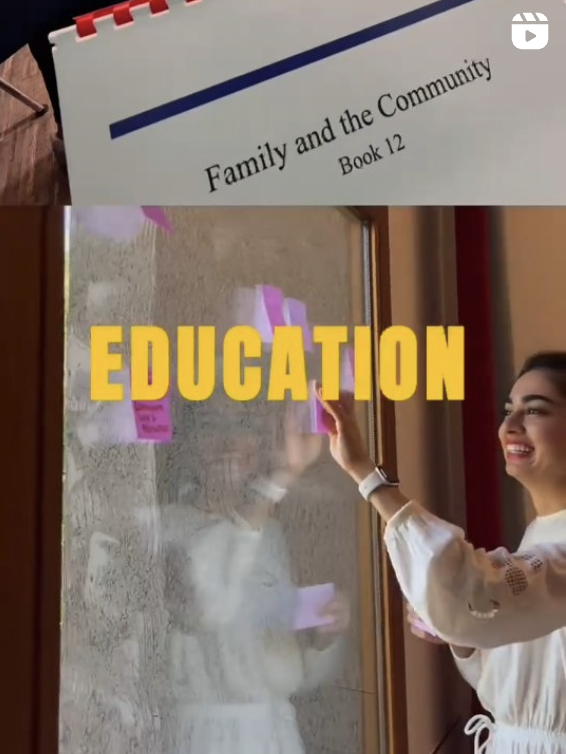
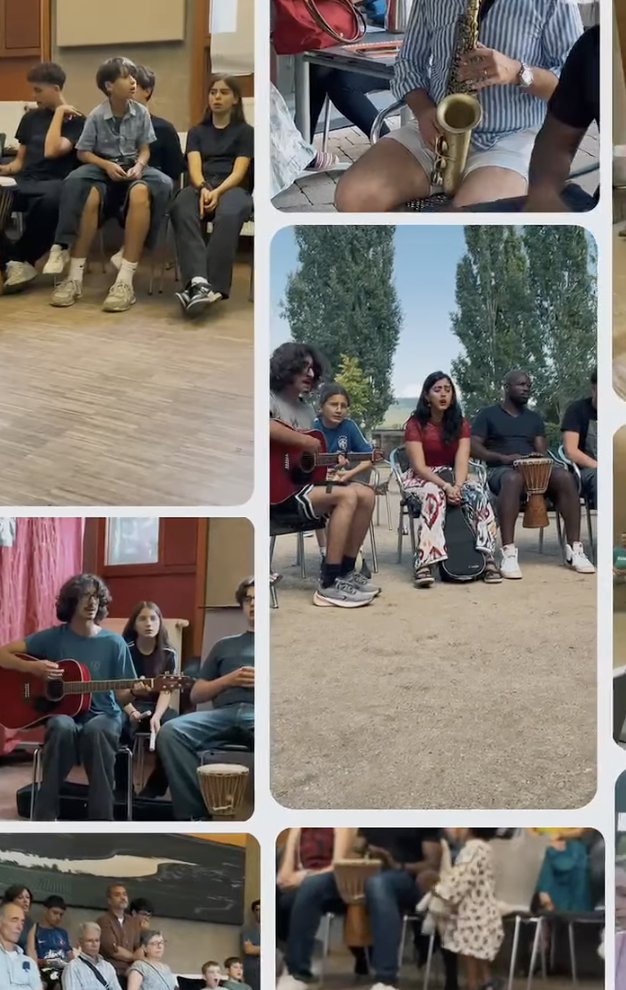 .
. 